7 interior design lessons we’ve learned from luxury hotel designers
These are the ways to bring supreme comfort, fabulous finishes and distinctive style home

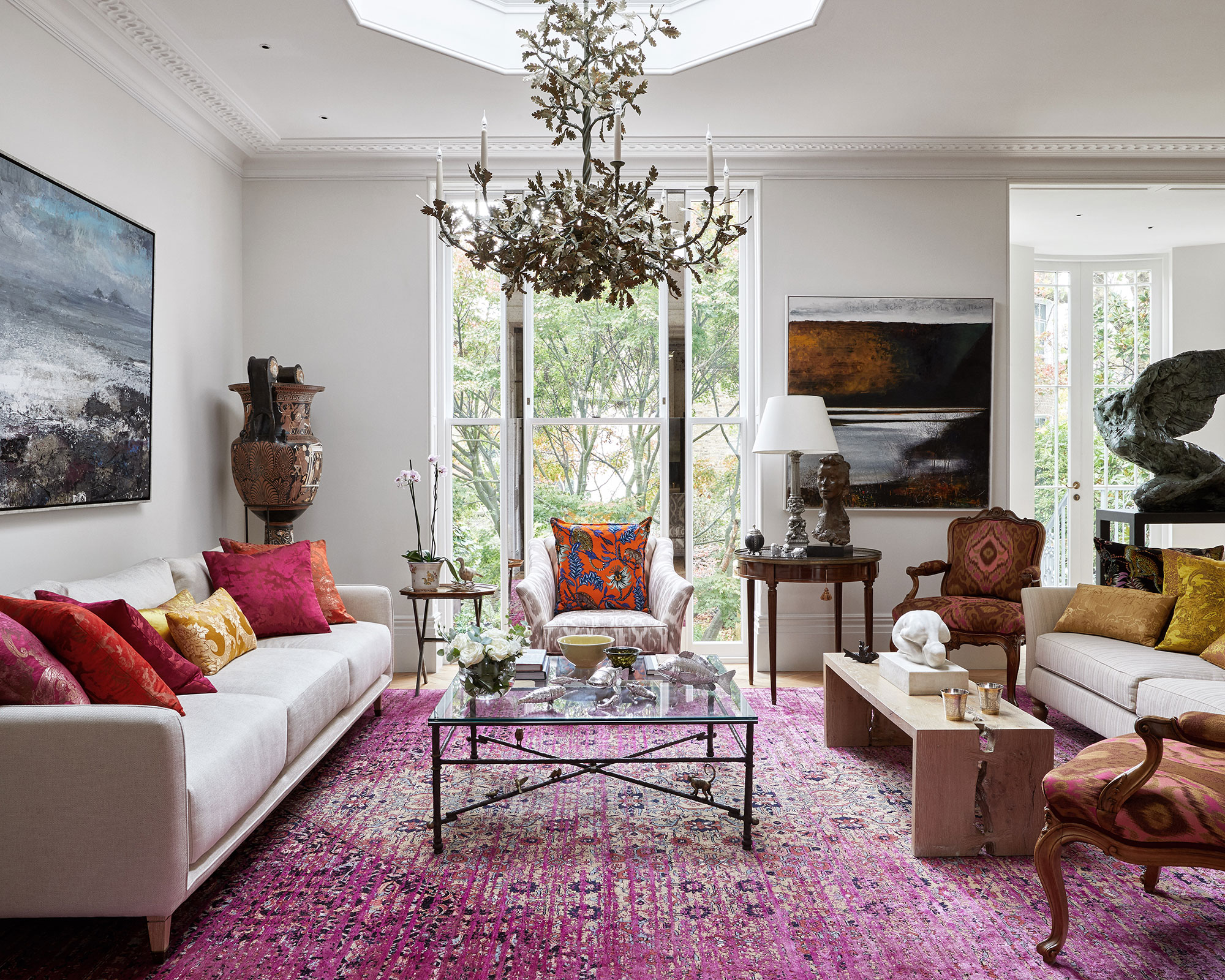
Luxury hotel designers create interiors many of us would be delighted to spend every day and night enjoying. And it’s not just their appearances that are so enviable. Every element of our favorite hotels speaks of luxury, beauty and comfort.
But while a permanent five-star vacation can’t be ours, we’re delighted to say taking interior design lessons from the creators of top-tier hotels is possible. Get cues from them and you can enjoy luxe and fabulous looks within your own four walls.
Read on to profit from the expertise of the designers of some of the world’s most luxurious hotels.
See: Interior design tips – decorating secrets for the world's top experts
1. Satisfy every sense in an interior
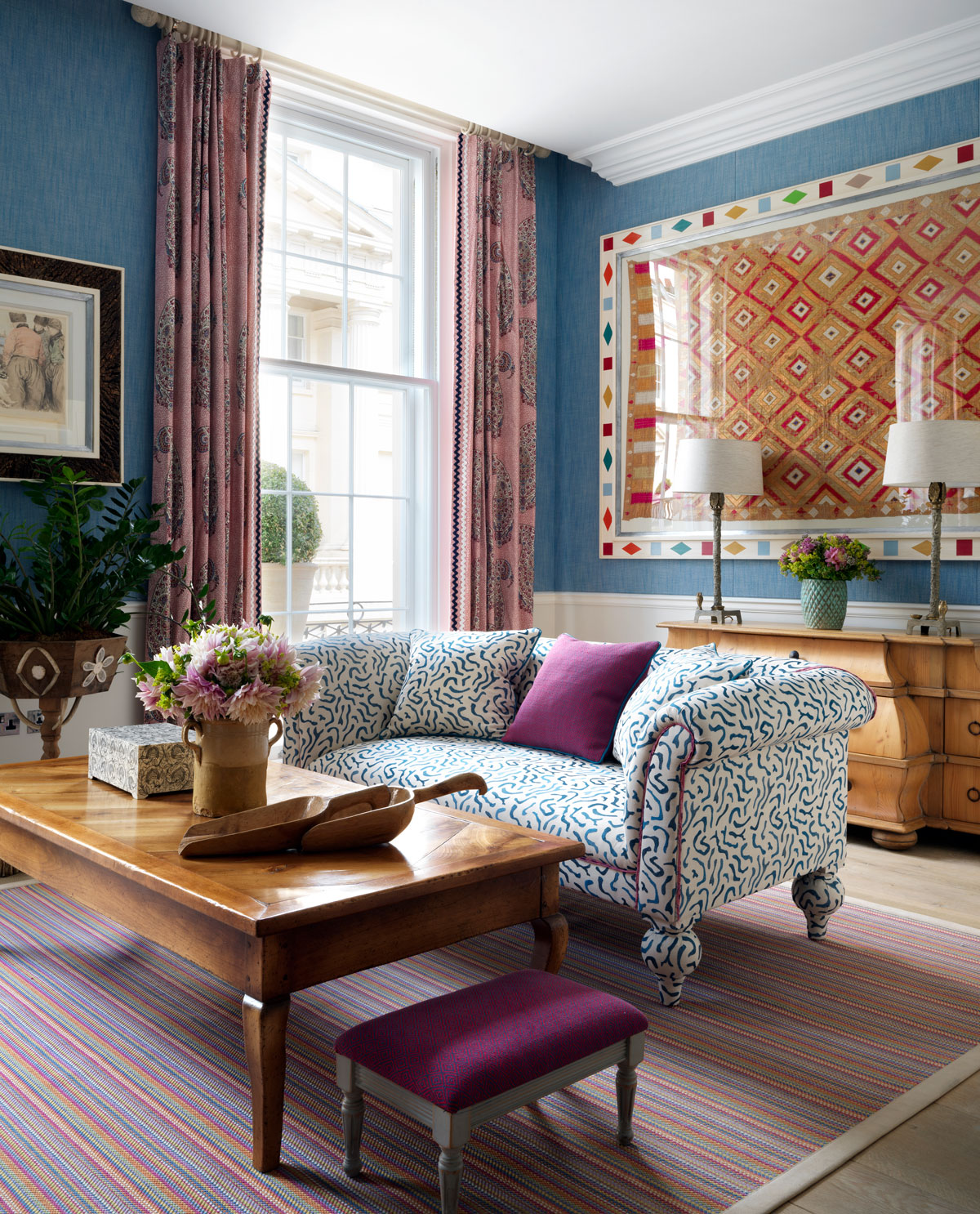
Kit Kemp, the co-owner and Creative Director for Firmdale Hotels, explains that a room should satisfy every sense, and with her ‘first love’ – textiles – she combines textures, colors and patterns to achieve this goal.
How each is used is key, she explains on her blog. ‘For example, heavy weaves on chairs and sofas, lighter linens on cushions and curtains. We often mix and match the old and new. For example, using contrast trims and found fabrics to upholster furniture. A room should have many layers and textures.’
2. Choose statement lighting
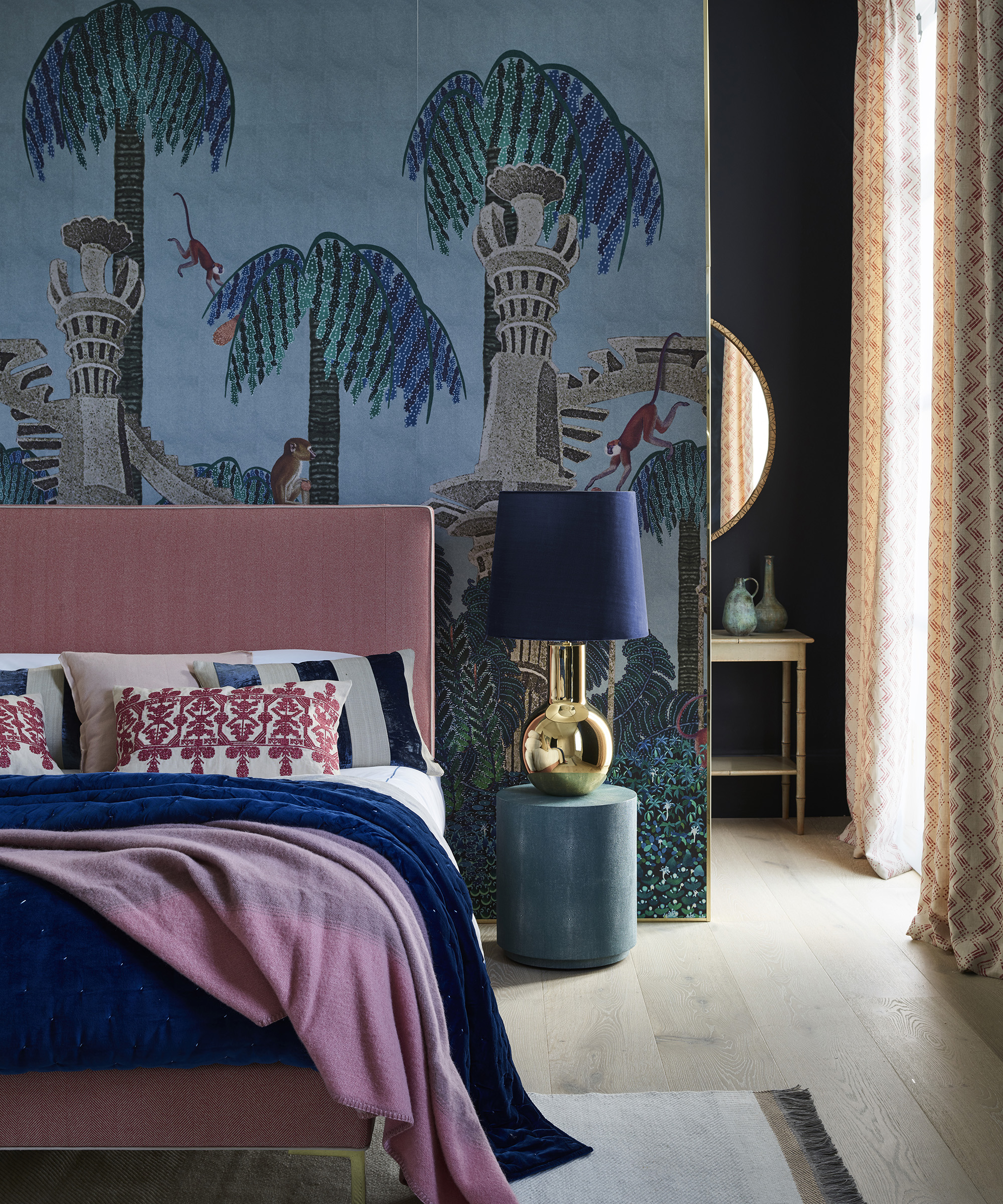
Bold lighting is part of the signature style at Soho House, and two of the lead designers, Ben Neville and Harriet Liley, have shared the secret of choosing a shade for a bedroom interior that’s key to getting the look.
Design expertise in your inbox – from inspiring decorating ideas and beautiful celebrity homes to practical gardening advice and shopping round-ups.
‘We like using gathered linen or silk shades, and we're currently enjoying natural materials such as raffia or rattan, too,’ they say on Soho Home.
‘Our rule of thumb when pairing shades and bases is that the height of the shade should be about three-quarters the height of the base. And the width of the shade is roughly equal to the height of the lamp, from base to fitting. Finally, opting for a shade half an inch wider than the base on both sides will help keep the whole piece looking balanced.'
3. Showcase a star piece

British designer Kelly Hoppen has created interiors for hotels around the world including London’s Claridge’s, the Lux Hotel Resort in Mauritius, and Cuixmala in Mexico.
In each interior, Kelly has taught us, a star choice is crucial to the design. ‘Every room needs an impacting piece that screams our style and delivers a surprise,’ she says on her blog. ‘Impact offers a very public display in a private space, for the enjoyment or amusement of all that enter it.
‘Your star piece can be anything you desire – a brave piece of art or furniture; a dazzling chandelier that drops three floors down a spiral stairwell; an injection of colour; a sumptuous fabric; or a tactile texture. Whatever you choose, you must love the statement you’re making and be delighted to live with it.’
4. Boost natural light
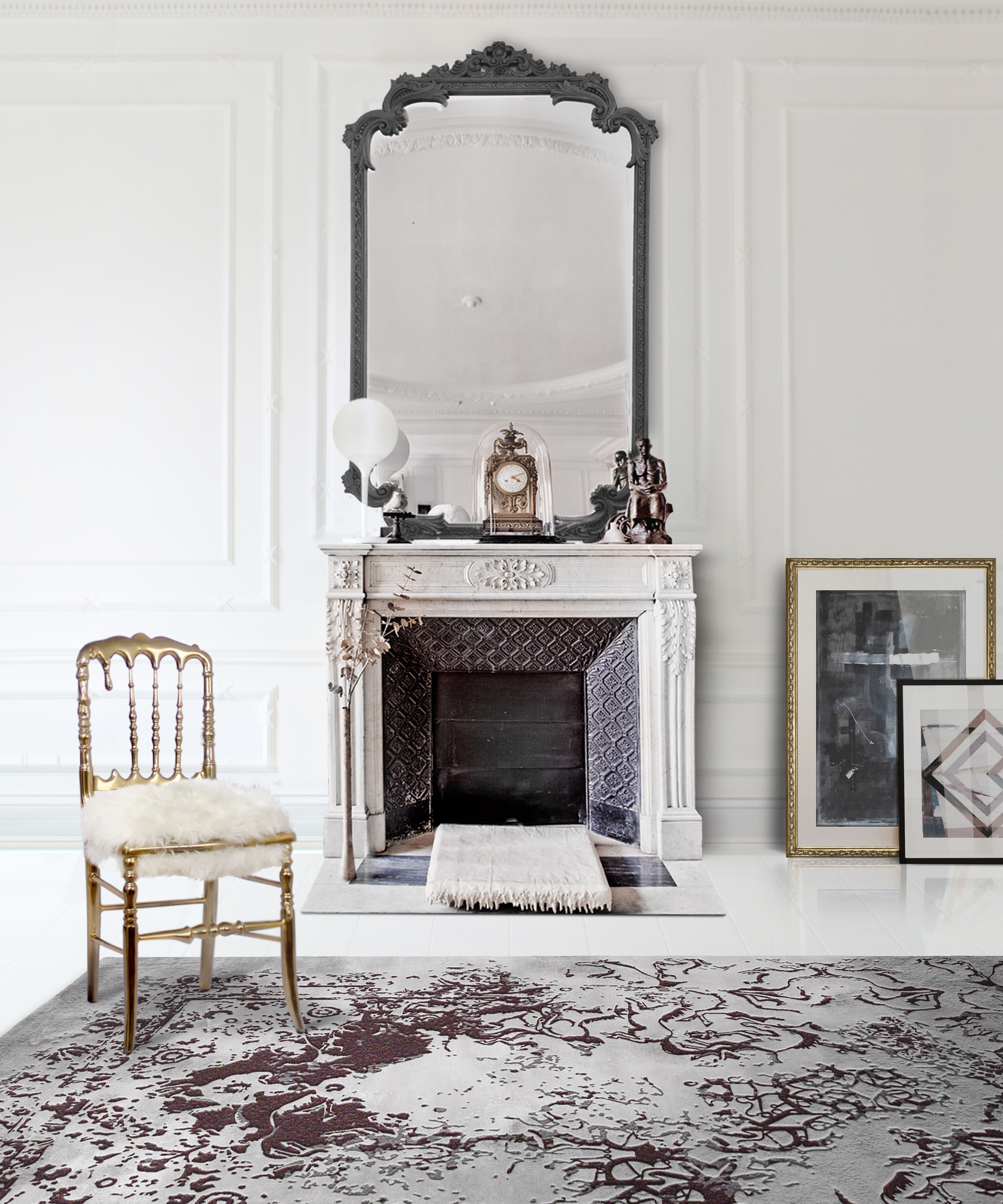
One of the world’s most recognizable interior designers, Nate Berkus is the talent behind a 1,000 square foot signature suite in Manhattan’s Loews Regency hotel. And right now he’s bringing his interior design skills to Celebrity Cruises’ newest ship, which has also enlisted Gwyneth Paltrow as its wellbeing advisor.
Nate’s shown us that a mirror is an essential starting point to take advantage of daylight in interiors. ‘I have always recommended investing in a beautiful old mirror,’ Nate says on his website. ‘And the main reason is that no matter your interior design style, you’re always going to find a space for a crusty, gilded mirror.
‘If you position it across from a window, or over a console with even a single candle burning, it’s really going to help make the most out of the light in that room.’
5. Use art to express the story
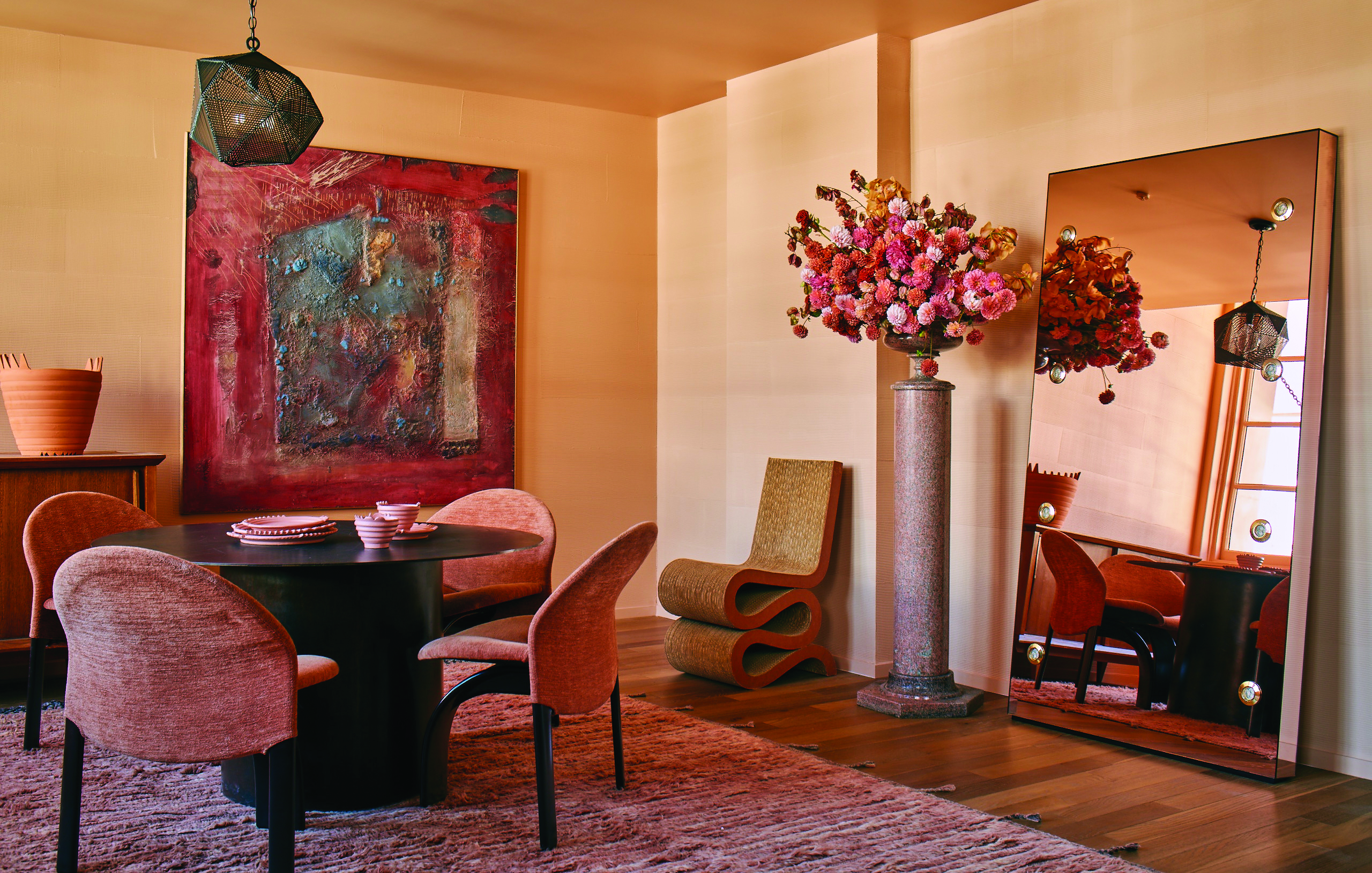
California-based and internationally recognized interior designer Kelly Wearstler has designed properties for the likes of Cameron Diaz and Gwen Stefani, while her hotel designs including for Viceroy, and the Avalon Beverley Hills have proved highly influential.
The celebrated designer, who designed the dining room above, has shared the lesson of how important art can be in expressing the sensibility of an interior. ‘Every element, every touchpoint in a design should connect to the narrative inherent to the overall experience of a space,’ she says on Insta. ‘Art has a unique ability to express the story.’
6. Give guest bedrooms hotel style
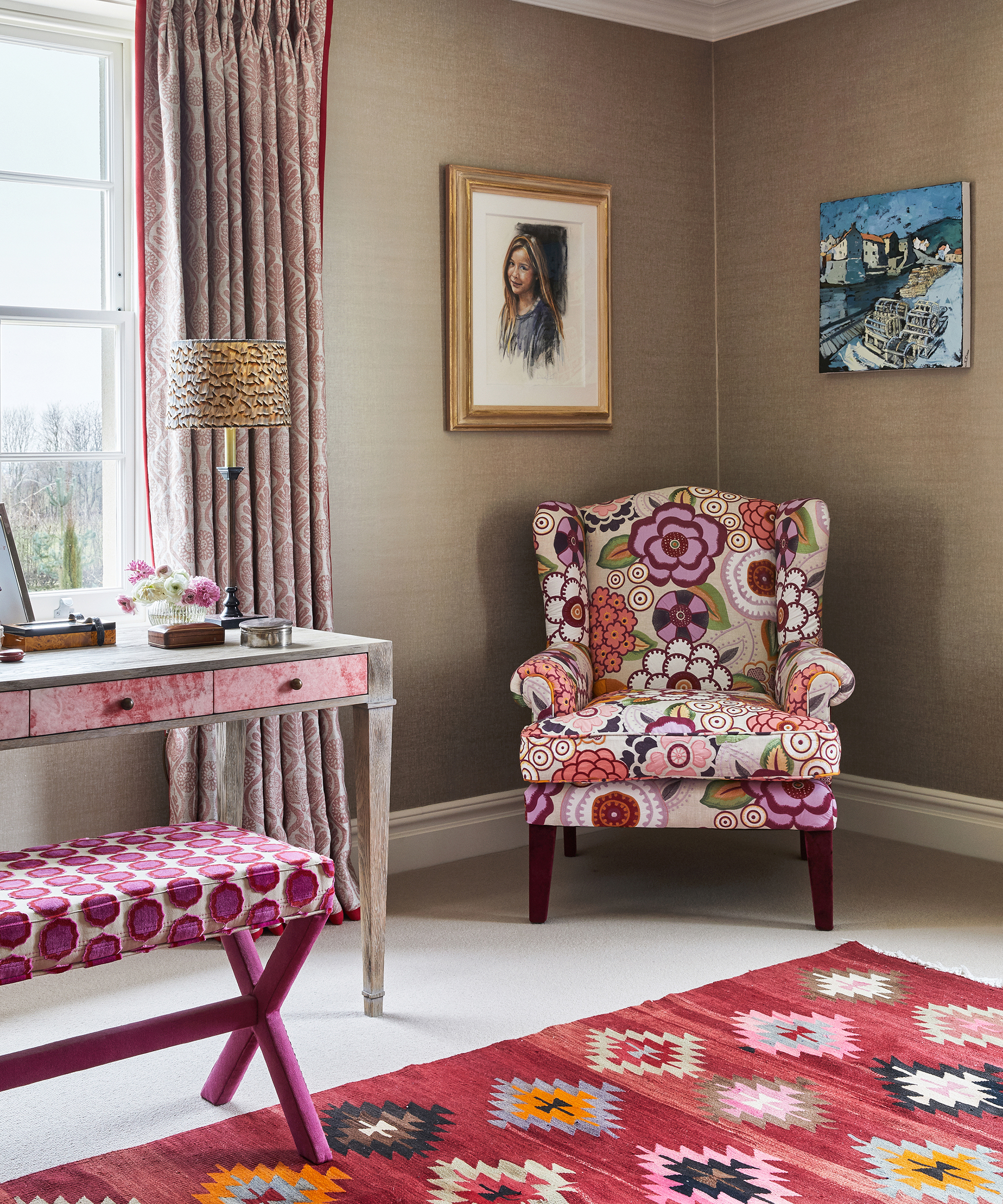
Internationally renowned London-based design studio Todhunter Earle is known for its designs for boutique hotels – like luxury English country hotel Dormy House – as well as homes worldwide.
Founder Emily Todhunter shared with us a valuable lesson on designing guest bedrooms: ‘When staying with someone, it’s a bonus if there is a comfortable armchair or sofa. It creates a lovely place to read or nap, or take in a beautiful view.’
Follow her lead to make guests welcome, but it’s a strategy you’ll want to use for your own bedroom, too, to treat yourself to hotel luxe.
7. Style a bed perfectly
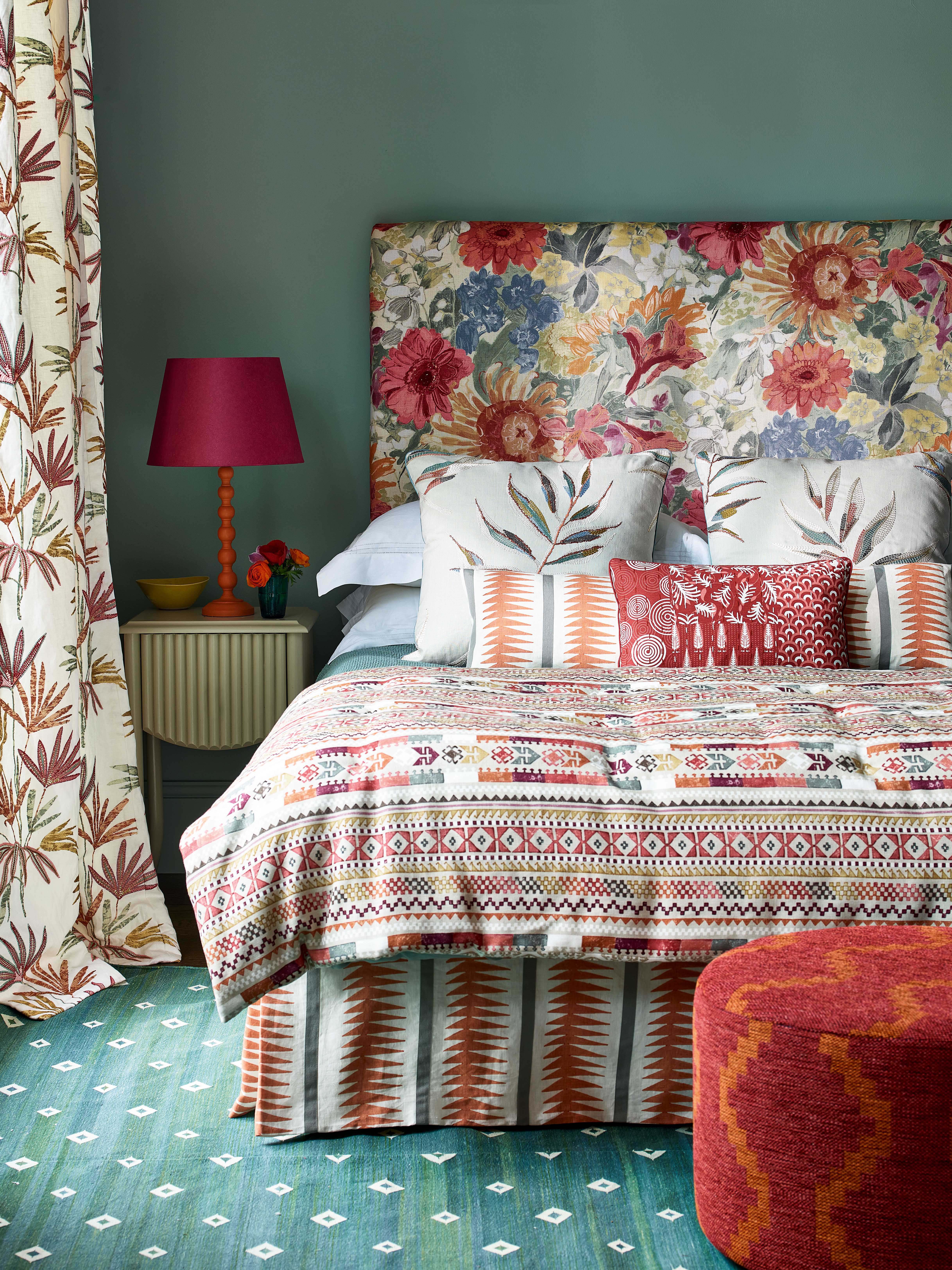
How to style a bed as it would be in a five-star hotel? Renowned interior designer and Director of Design for Rocco Forte Hotels Olga Polizzi has the answer.
‘There should be four pillows on the bed – possibly a combination of down, feathers and non-allergenic pillows,’ she shared on Rocco Forte Hotels. ‘The bedspread should be placed in such a way as to cover the gap between the mattress and the bed base and the top third of the bedspread should be folded back on itself. The duvet should be pulled up to approximately 25cm (10 inches) from the head of the mattress. Scatter cushions should be centered in front of the pillows, slightly on a slope.’
What does a hotel interior designer do?
A hotel interior designer has the challenging task of creating spaces that are both beautiful, comfortable and welcoming, but also practical, safe and functional. They will do this by using floorplan designs to work out the space needed, and by choosing color and lighting schemes, and decorations that reflect the hotel's ethos.

Sarah is a freelance journalist and editor. Previously executive editor of Ideal Home, she’s specialized in interiors, property and gardens for over 20 years, and covers interior design, house design, gardens, and cleaning and organizing a home for Homes & Gardens. She’s written for websites, including Houzz, Channel 4’s flagship website, 4Homes, and Future’s T3; national newspapers, including The Guardian; and magazines including Future’s Country Homes & Interiors, Homebuilding & Renovating, Period Living, and Style at Home, as well as House Beautiful, Good Homes, Grand Designs, Homes & Antiques, LandLove and The English Home among others. It’s no big surprise that she likes to put what she writes about into practice, and is a serial house renovator.